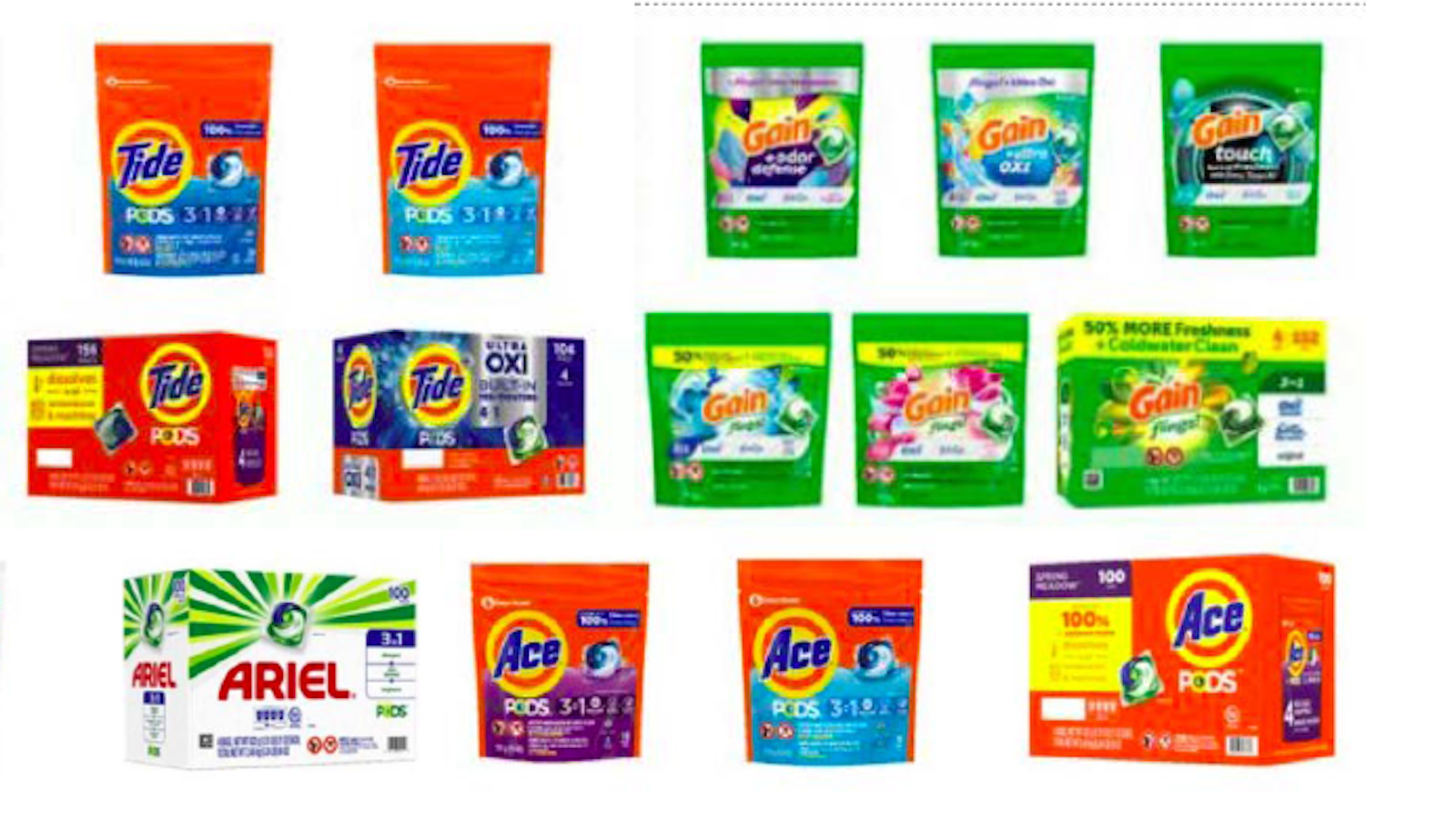
Bank fee report challenges conventional wisdom on fees
Our latest Big Banks, Bigger Fees report, released today, finds that the conventional wisdom that "free checking is dead" is false. Find out more.
Today we released U.S. PIRG Education Fund’s latest report, Big Banks, Bigger Fees: A National Survey of Bank Fees in 2012. It represents work by dozens of PIRG staff and students who visited 250 different bank and credit union branches in 17 states and DC to determine compliance with fee disclosure rules.
It also compares online fees and their disclosure at banks in these states and 7 others — for a total of 24 states and the District of Columbia.
The key takeaway from the report is that the conventional wisdom that “free checking is dead” is false. You can find free checking at fully 60% of small banks and credit unions. The big banks only offer it at about that same rate (59%)– if you have direct deposit.
Excerpt from the release:
- Only 48% of banks visited provided researchers with fee schedules as required by law on their first request. After two or more requests, eventually a total of 72% complied with the law.
- More than 1 in 10 (12%) never complied and refused to provide fee information, claimed that they didn’t have it, or told researchers to “go online.”
- Researchers found a wide variety of free or low-cost checking options, with 63% of small banks and 60% of credit unions providing totally free checking. Although the biggest banks have recently tightened requirements to obtain free checking (available at 24%), it is still available at more than half of big banks with a regular direct deposit (59%).
- The survey found that that small banks had lower average checking account fees, overdraft fees and foreign or off-use ATM fees, as well as lower balance requirements to avoid checking fees, than big banks.
We recommend that you shop around and consider moving your money. But check our Bank Fee Tips first. Moving your money requires a checklist. It requires keeping two accounts open — the old and the new — for at least 6 weeks (longer than a statement cycle) to ensure that direct deposits are working, auto bill pays have been transferred properly, and all checks have cleared.
Topics
Authors
Ed Mierzwinski
Senior Director, Federal Consumer Program, U.S. PIRG Education Fund
Ed oversees U.S. PIRG’s federal consumer program, helping to lead national efforts to improve consumer credit reporting laws, identity theft protections, product safety regulations and more. Ed is co-founder and continuing leader of the coalition, Americans For Financial Reform, which fought for the Dodd-Frank Wall Street Reform and Consumer Protection Act of 2010, including as its centerpiece the Consumer Financial Protection Bureau. He was awarded the Consumer Federation of America's Esther Peterson Consumer Service Award in 2006, Privacy International's Brandeis Award in 2003, and numerous annual "Top Lobbyist" awards from The Hill and other outlets. Ed lives in Virginia, and on weekends he enjoys biking with friends on the many local bicycle trails.
Find Out More

Laundry pods: 8.2 million bags recalled because they can open easily, poison children

New water beads warning: Some contain cancer-causing toxin

Apple AirPods are designed to die: Here’s what you should know
